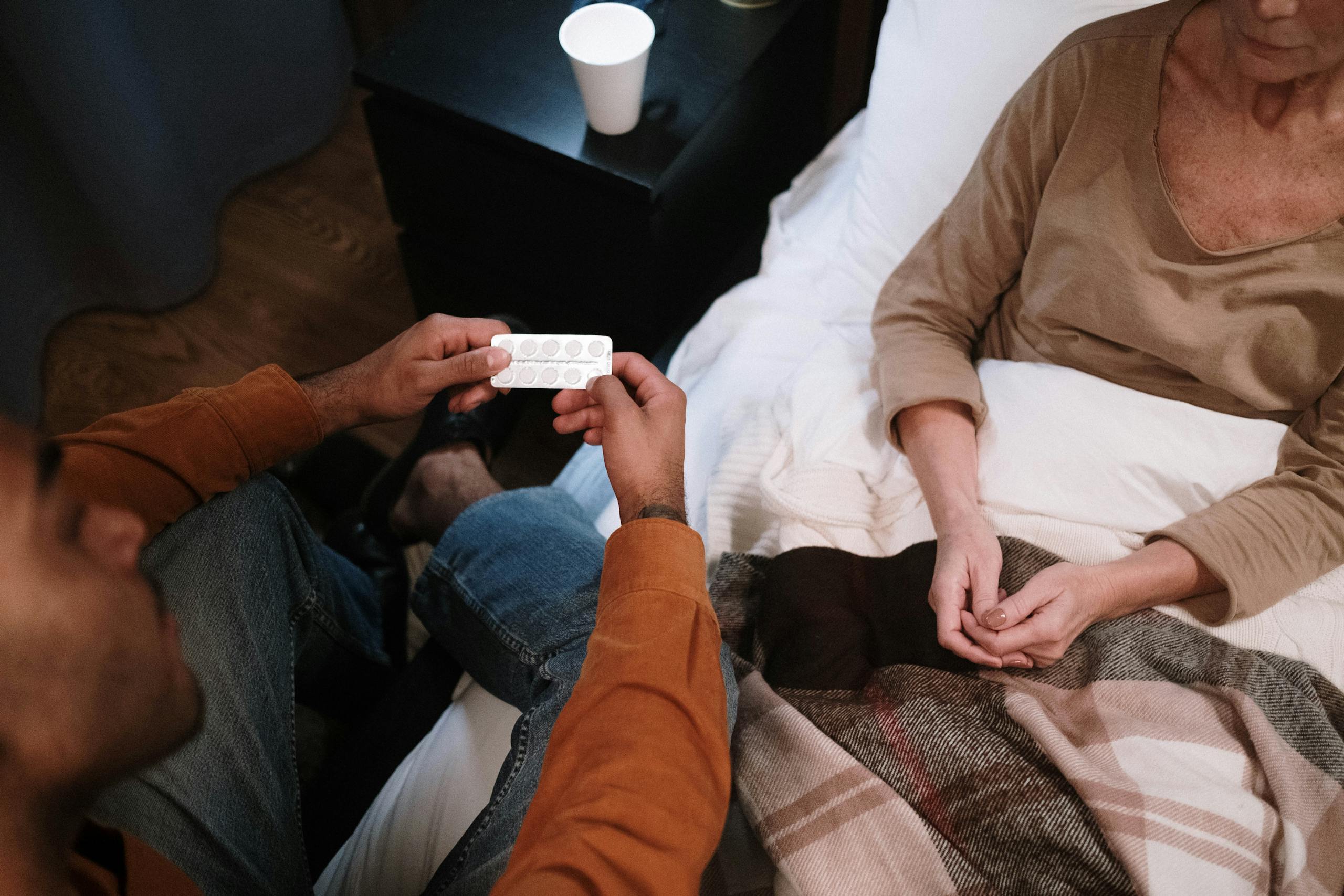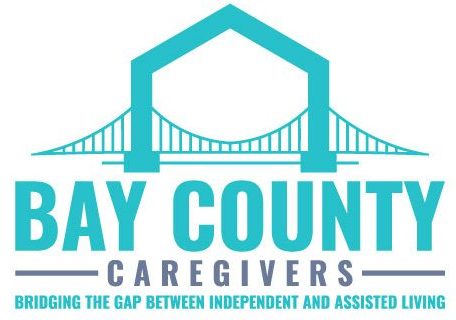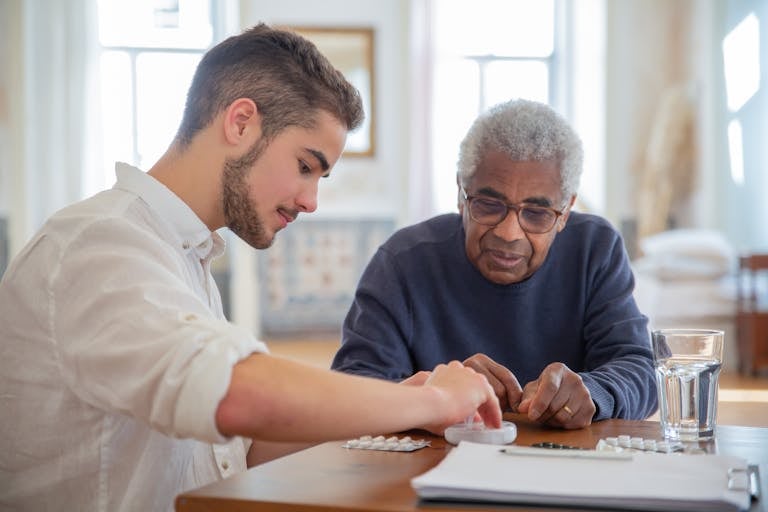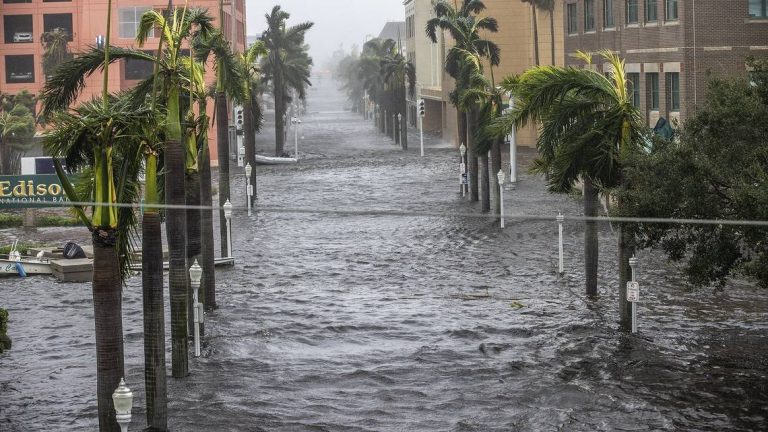5 Warning Signs Your Loved One May Need a Caregiver

No one wants to believe that their aging parent, spouse, or grandparent is struggling. It’s common for loved ones to say “I’m fine” or brush off challenges as part of getting older. But in reality, aging often brings subtle shifts that—if left unaddressed—can lead to serious issues like falls, medication errors, or even hospitalizations.
Recognizing the warning signs early can make all the difference. Bringing in a caregiver isn’t about giving up control—it’s about getting the right support at the right time. In this post, we’ll walk you through five of the most important signs that it might be time to consider in-home care.
1. Unexplained Bruises, Falls, or Accidents
Maybe you’ve noticed a bruise on your loved one’s arm. When you ask about it, they shrug it off or can’t remember how it happened. A one-time incident may not raise major concern, but repeated bumps, bruises, or falls are red flags.
Why this matters:
- Falls are the leading cause of injury-related death among adults over 65.
- Even a minor fall can lead to serious complications: hip fractures, fear of walking, or loss of independence.
- A caregiver can assess the home for hazards, provide hands-on assistance with movement, and monitor for signs of dizziness or weakness.
What to look for:
- Scratches, bruises, or cuts they can’t explain
- Holding onto furniture or walls while walking (a sign of balance issues)
- Uneven gait or shuffling
2. Memory Lapses or Cognitive Confusion
Occasional forgetfulness is normal—but if your loved one is forgetting medication doses, getting lost in familiar places, or repeating questions over and over, these may be early signs of cognitive decline or dementia.
Memory-related risks:
- Skipping medications or taking too much
- Leaving the stove on or water running
- Wandering from home and forgetting how to get back
How a caregiver helps:
- Medication reminders
- Structured daily routines
- Gentle redirection and cognitive engagement
Tip: If you’re unsure whether this is just “normal aging” or something more serious, a good starting point is to track the frequency and severity of incidents. Keep a simple log and consult a medical professional if concerns grow.
3. Decline in Personal Hygiene and Housekeeping
You stop by for a visit and notice the kitchen sink overflowing with dirty dishes, or your once-meticulous loved one hasn’t changed clothes in days. These changes are often overlooked, but they can signal a decline in physical or mental capacity.
Possible causes:
- Physical pain or mobility issues that make tasks hard
- Depression or loneliness
- Early signs of dementia
Things to watch for:
- Body odor or unbrushed teeth
- Piled-up laundry or spoiled food
- Cluttered or unsafe living areas
A caregiver can assist with bathing, dressing, laundry, light cleaning, and meal prep—all while helping your loved one maintain dignity and autonomy.
4. Social Isolation or Mood Changes
Has your loved one stopped going to church or bingo night? Are they snapping more easily or withdrawing from conversations? Isolation and loneliness are not only emotionally painful—they can also lead to cognitive decline, depression, and worsening health.
Why this happens:
- Lack of transportation
- Hearing or vision loss
- Loss of friends or spouses
- Fear of being a burden
The caregiver difference:
- Companionship is one of the most powerful services caregivers offer.
- Regular visits encourage conversation, shared hobbies, and outings.
- Caregivers can gently encourage your loved one to stay connected and feel less alone.
Bonus: Studies show that regular social interaction reduces the risk of dementia and depression in older adults.
5. Caregiver Burnout
Sometimes, the biggest warning sign isn’t with your loved one—it’s with you. Are you exhausted, overwhelmed, or feeling resentful? These are signs of caregiver burnout, and if left unaddressed, they can lead to emotional, mental, and even physical consequences.
Common signs of burnout:
- Irritability or mood swings
- Chronic fatigue
- Feeling like you’re always “on call”
- Guilt about not doing enough
Remember this: You don’t have to wait until you hit a breaking point. Bringing in a caregiver isn’t admitting defeat—it’s taking proactive steps to keep your loved one safe and preserve your own well-being.
What to Do Next
If you’ve recognized one or more of these signs, it may be time to explore home care options. Here’s how to get started:
- Have the conversation – Gently bring up your concerns with your loved one. Be honest but compassionate.
- Request a free consultation – Most home care agencies (including ours) offer free assessments to help you understand your options.
- Start small if needed – Even a few hours a week can make a huge difference.
Final thought: The best time to plan for care is before a crisis. Being proactive can protect your loved one’s independence, health, and dignity—while giving you peace of mind.
If you’d like help identifying what kind of support your loved one might need, we’re here. Reach out to schedule a free in-home consultation and learn more about how our caregivers can bring comfort, safety, and relief into your family’s life.
📞 Contact us today to talk with a care coordinator.





